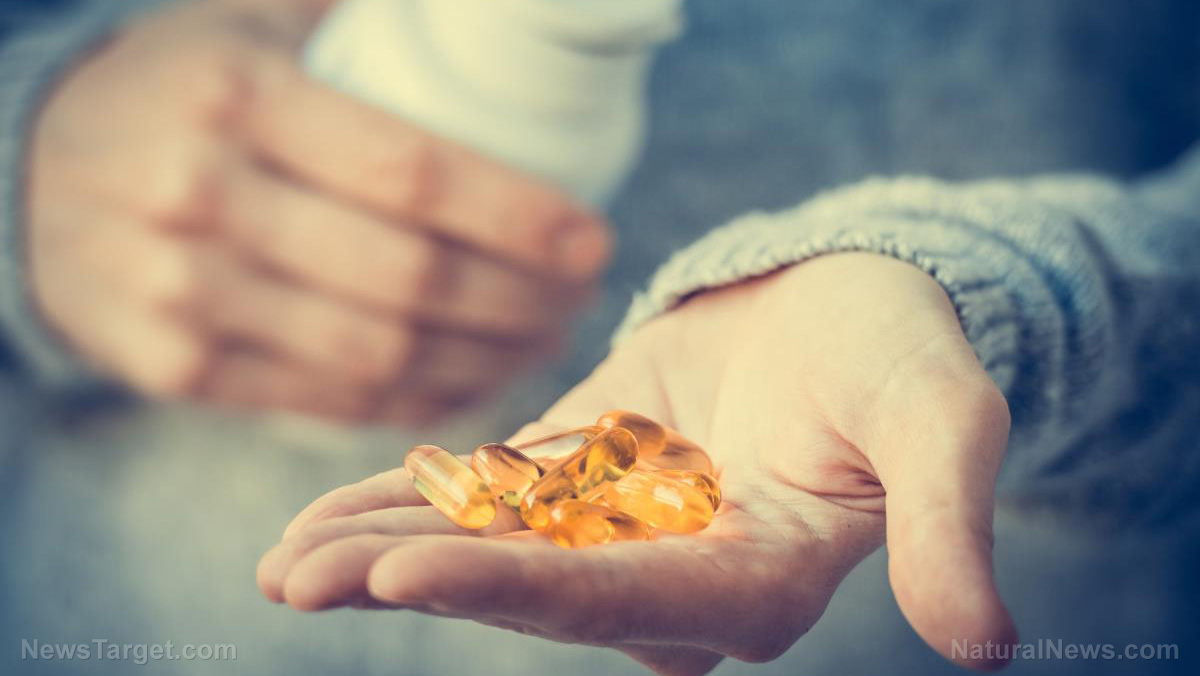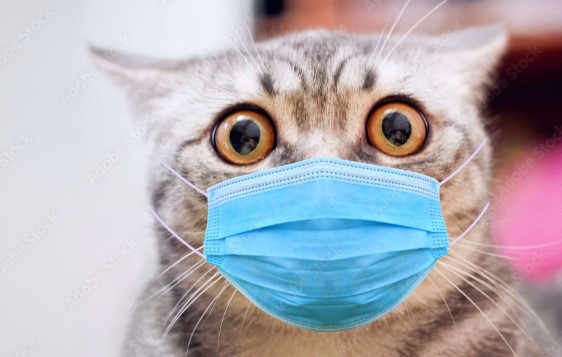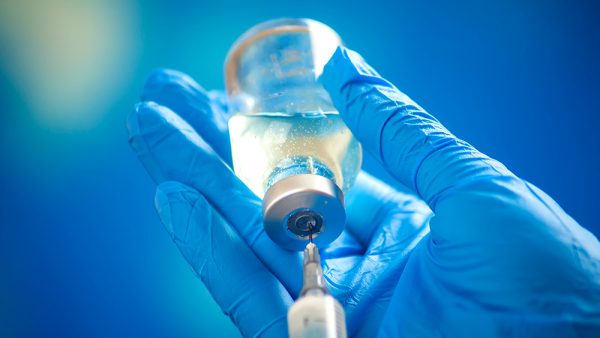 Parler
Parler Gab
Gab
- Phthalates, used to soften plastic, are found in medicine capsules, cosmetics, food packaging, and household products.
- A 2021 study linked high phthalate levels to increased cardiovascular deaths.
- A 2016 study linked phthalate levels to thyroid issues, fetal risks.
- Soft gel capsules (used for painkillers, vitamins, and cold meds) are a major exposure source.
- Phthalates cause arterial inflammation, oxidative stress, and cholesterol imbalances.
- Americans have significantly higher phthalate levels than Europeans due to lax regulations.
- Simple swaps (glass containers, fragrance-free products) can reduce exposure.
The silent killer in your pill bottle
Phthalates don’t just lurk in plastic water bottles or vinyl flooring — they’re inside the very medicines millions trust to heal them. These chemicals, classified as plasticizers, keep gelatin capsules from cracking, making them a favorite for drug manufacturers. But once ingested, they mimic hormones, disrupt endocrine function, and trigger systemic inflammation. Dr. Levine warns, "Phthalates increase inflammation, a major risk for heart disease." A 2021 Environmental Pollution study confirmed this, showing adults with higher phthalate levels were more likely to die from heart disease. The mechanism is sinister: phthalates irritate arterial walls, causing them to stiffen and narrow — similar to the damage from cholesterol plaques. This forces the heart to work harder, escalating the risk of blockages, aneurysms, and sudden cardiac events. Even worse, these chemicals spike triglycerides and "bad" LDL cholesterol while sabotaging the body’s ability to regulate blood flow.Ten shocking sources of phthalates
- Medicine capsules – Soft gels for ibuprofen, fish oil, and supplements.
- Food packaging – Plastic-wrapped meats, microwavable meals.
- Cosmetics – Nail polish, hairspray, perfumes (listed as "fragrance").
- Vinyl flooring – Off-gasses phthalates into household dust.
- Children’s toys – Despite bans, some still contain phthalates.
- Cleaning products – Scented sprays, detergents.
- Medical tubing – IV bags and catheters leach phthalates into patients.
- Air fresheners – Plug-in scents release phthalates into the air.
- Shampoos & lotions – Especially those with synthetic fragrances.
- Canned foods – Liners often contain phthalate-based resins.
Phthalates and thyroid damage, fetal risks
This 2016 PLoS ONE study by Huang et al. investigated the impact of early-pregnancy phthalate exposure on thyroid hormones in 97 pregnant women from Taiwan. Analyzing urine (for 11 phthalate metabolites) and blood samples (for thyroid hormones), researchers found high detection rates for MEP, MnBP, and MECPP. After adjusting for confounders, elevated urinary MnBP (a DnBP metabolite) was significantly associated with reduced serum thyroxine (T4) levels (β = -5.41, p = 0.012), suggesting DnBP exposure may disrupt thyroid function in early pregnancy. The findings highlight potential risks to fetal development, warranting further research. Unlike Europe, where phthalates are heavily restricted, the U.S. allows these chemicals to saturate everyday products. A Daily Mail investigation revealed American journalists had phthalate levels up to 96% higher than the national average—far worse than their British counterparts. Sophia Ruan Gushée, a detox expert, notes, "Americans grow up surrounded by disposable plastics. In Europe, they use more natural materials." The UK bans four phthalates in kids’ products; the U.S. bans just three. Even "BPA-free" plastics often contain equally harmful substitutes like BPS, which disrupts hormones just as aggressively. Until regulators crack down, the burden falls on individuals to protect themselves — one plastic-free step at a time. Sources include: Dailymail.co.uk Science.NaturalNews.com Dailymail.co.ukRaw milk recalled in Northern Ireland following contamination with deadly E. coli strain
By Ramon Tomey // Share
Synthetic chemicals in ultra-processed foods contribute to serious health issues, study finds
By Ramon Tomey // Share
Governments continue to obscure COVID-19 vaccine data amid rising concerns over excess deaths
By patricklewis // Share
Tech giant Microsoft backs EXTINCTION with its support of carbon capture programs
By ramontomeydw // Share
Germany to resume arms exports to Israel despite repeated ceasefire violations
By isabelle // Share










